Media controversy about elite arts institutions around the world has done significant damage to the standing of arts philanthropy and philanthropy in general. Yet artistic endeavour depends on philanthropic support to sustain not just itself but a vibrant civil society.
This live session at the Royal Academy of Music explored the value of philanthropic support of the arts, and how a new generation of philanthropists can support arts in all their forms to enhance democracy and ensure that creative expression is possible for all parts of society.
Moderated by Rachel Stephenson Sheff, Managing Director at I.G. Advisors, the panel included:
- Shoubhik Bandopadhyay, Head of Programme – Arts, Paul Hamlyn Foundation (PHF)
- Jenny Waldman, Director, Art Fund
- Melissa Wong, Director of Programmes, Arts Emergency
Sadly, Sir Simon Robey, Honorary Vice President, Royal Opera House and Chair Designate, Royal Academy of Music, could not attend as a panellist due to illness.
A few highlights from the event:
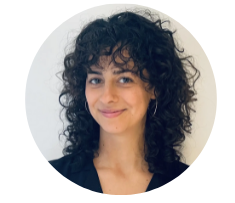 Rachel said: How are we defining the arts? That is such a broad and ambiguous term, and we’re meaning this conversation to be multi-disciplinary… we are very much including the performing arts, but also the visual [and the] written arts… both at the big, cultural, institutional level, and also at the grassroots level.
Rachel said: How are we defining the arts? That is such a broad and ambiguous term, and we’re meaning this conversation to be multi-disciplinary… we are very much including the performing arts, but also the visual [and the] written arts… both at the big, cultural, institutional level, and also at the grassroots level.
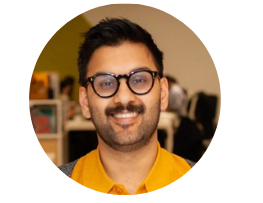 Shoubhik: We do not have endless money as a society, so every pound that we spend is a choice – and by extension a choice not to support other things. You can always choose to do something else with it. The first choice we make is, should we (philanthropy) give any of it to the arts at all? At PHF our largest fund is for the arts, but we have 3 other main, open funds – for migration, youth work and for school-focused education work. You could argue that the £6 million I give away every year could be better spent on the migration crisis… and I think there would be strong arguments to make in that direction. So we are already making a choice from the off. Once you do that, you cannot avoid the fact that you are making political choices.
Shoubhik: We do not have endless money as a society, so every pound that we spend is a choice – and by extension a choice not to support other things. You can always choose to do something else with it. The first choice we make is, should we (philanthropy) give any of it to the arts at all? At PHF our largest fund is for the arts, but we have 3 other main, open funds – for migration, youth work and for school-focused education work. You could argue that the £6 million I give away every year could be better spent on the migration crisis… and I think there would be strong arguments to make in that direction. So we are already making a choice from the off. Once you do that, you cannot avoid the fact that you are making political choices.
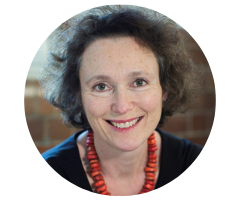 Jenny: What we’re trying to do at Art Fund is build a community that shares our passion that the arts are fundamental to what makes a community, society, and an individual thrive. That should be for everybody – so by supporting museums, galleries and other arts organisations of a variety of scale, size and type – the more diversity within that the better – who almost all share a passion to reach as many people as possible to enjoy, to be included… [as] either the artists or the enjoyers… to make that as democratised as possible, as accessible as possible, as part of the fabric for all of our lives as possible. That, to me, is just fundamental and for that reason [funding art] is not a political act – it’s a social act and an economic act, but it’s not making a political statement as you do it.
Jenny: What we’re trying to do at Art Fund is build a community that shares our passion that the arts are fundamental to what makes a community, society, and an individual thrive. That should be for everybody – so by supporting museums, galleries and other arts organisations of a variety of scale, size and type – the more diversity within that the better – who almost all share a passion to reach as many people as possible to enjoy, to be included… [as] either the artists or the enjoyers… to make that as democratised as possible, as accessible as possible, as part of the fabric for all of our lives as possible. That, to me, is just fundamental and for that reason [funding art] is not a political act – it’s a social act and an economic act, but it’s not making a political statement as you do it.
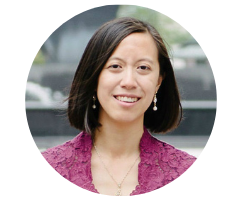 Melissa: What do we mean by ‘political’? Obviously, giving to the arts cannot be party political. Arts organisations that are registered charities cannot be party political – that’s enshrined in law. But if we think about ‘political’ in the broader sense, of how do we make decisions about the allocation of resources, of privilege, of power? – any decision we make in our lives is fundamentally political. Everything from how did you get here today – did you drive here? Did you take public transportation? How do you choose to access healthcare? Where do you send your children to school? Do you choose to keep your money to yourself and choose to spend it on nice things for yourself, or do you give it to others? And if you do give it to others, who do you choose to give it to? And when you choose to give to an arts organisation, then the type of arts organisation you give to says something about your value system, who you think should have the right to represent the culture that we live in, and what you want the culture that we live in to look like.
Melissa: What do we mean by ‘political’? Obviously, giving to the arts cannot be party political. Arts organisations that are registered charities cannot be party political – that’s enshrined in law. But if we think about ‘political’ in the broader sense, of how do we make decisions about the allocation of resources, of privilege, of power? – any decision we make in our lives is fundamentally political. Everything from how did you get here today – did you drive here? Did you take public transportation? How do you choose to access healthcare? Where do you send your children to school? Do you choose to keep your money to yourself and choose to spend it on nice things for yourself, or do you give it to others? And if you do give it to others, who do you choose to give it to? And when you choose to give to an arts organisation, then the type of arts organisation you give to says something about your value system, who you think should have the right to represent the culture that we live in, and what you want the culture that we live in to look like.
You can watch the full recording of the event here:
Our next event takes place in partnership with Lightful on Philanthropy and AI. You can click here to register, or subscribe to our mailing list to receive an invite to all future events.
Amy McGoldrick is the Head of Marketing, Advertising and Events
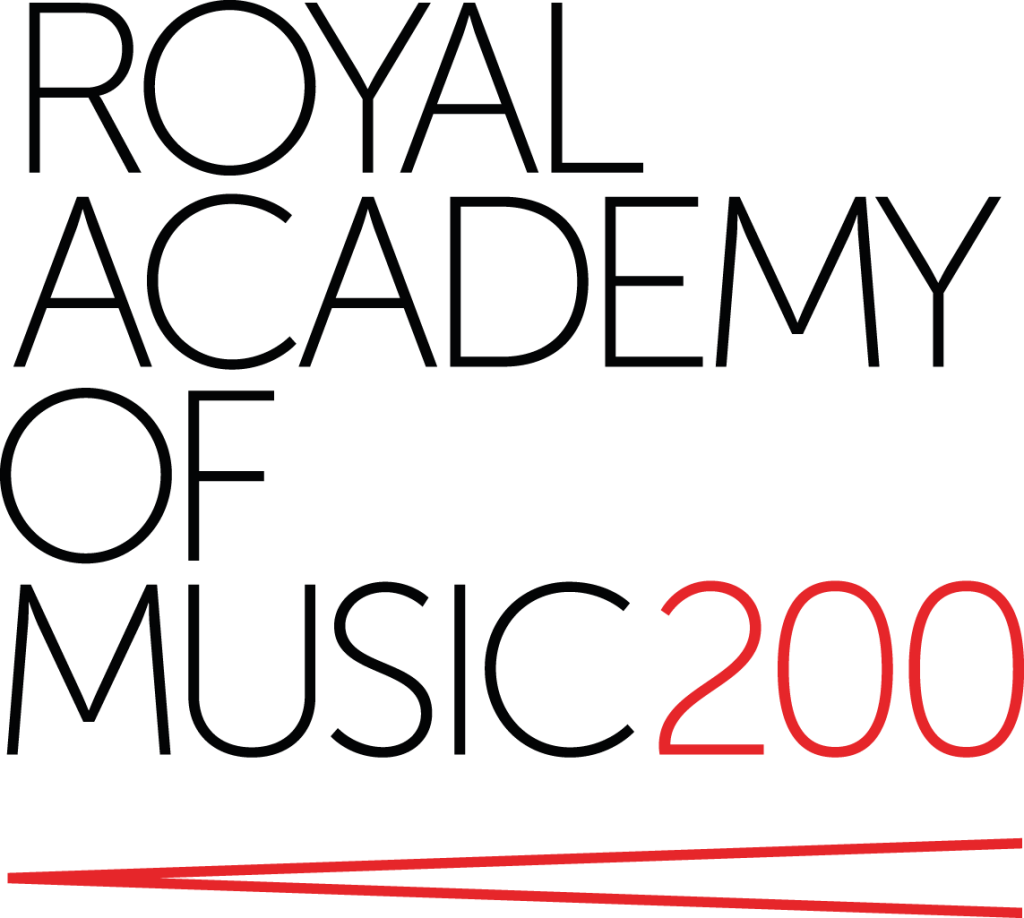



Comments (0)